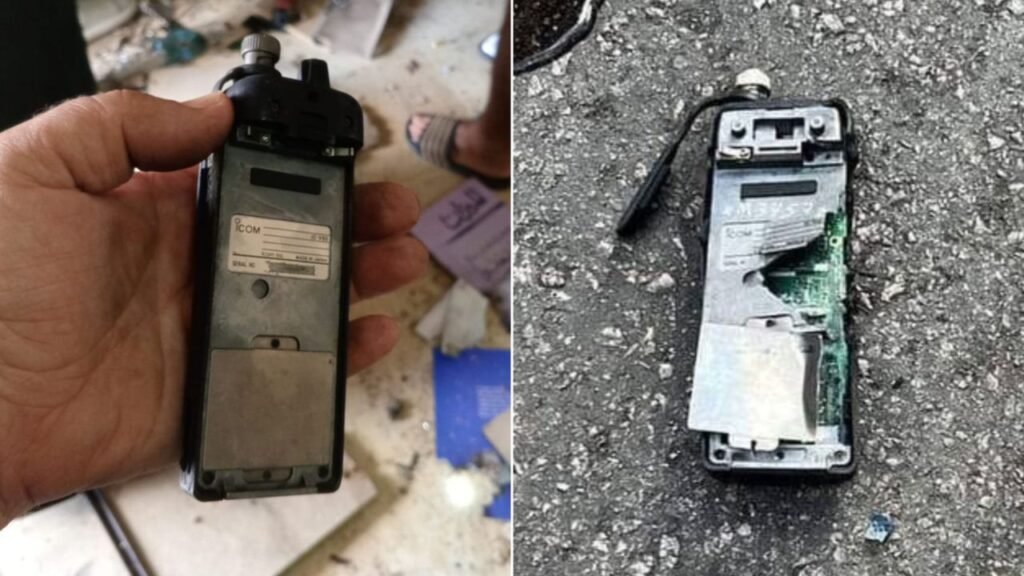Devices sent to Lebanon had pre-installed explosives, says UN Mission

A preliminary investigation by Lebanese authorities has uncovered shocking details about the recent blasts that rocked Lebanon, killing 37 people and injuring around 3,000.
According to a letter sent to the UN Security Council, the communications devices that blew up were implanted with explosives before arriving in the country.
The devices, including pagers and hand-held radios, were detonated remotely by sending electronic messages. This sophisticated attack targeted Hezbollah’s communications equipment, causing bloody havoc on the militant group.
Lebanon’s UN mission has directly accused Israel of planning and executing the attacks. Although Israel hasn’t commented on the incident, security sources suggest that the country’s Mossad spy agency was likely behind the blasts.
Reuters news agency reported that Hezbollah fighters have turned to pagers as a low-tech communication method to avoid Israeli location-tracking, quoting two sources familiar with the group’s operations.
Pagers are more difficult to trace than smartphones because they receive messages through radio signals, whereas mobile phones constantly communicate with cellular networks to locate the nearest tower, making them easier to track.
Additionally, pagers do not feature advanced navigation technologies like the Global Positioning System (GPS).






